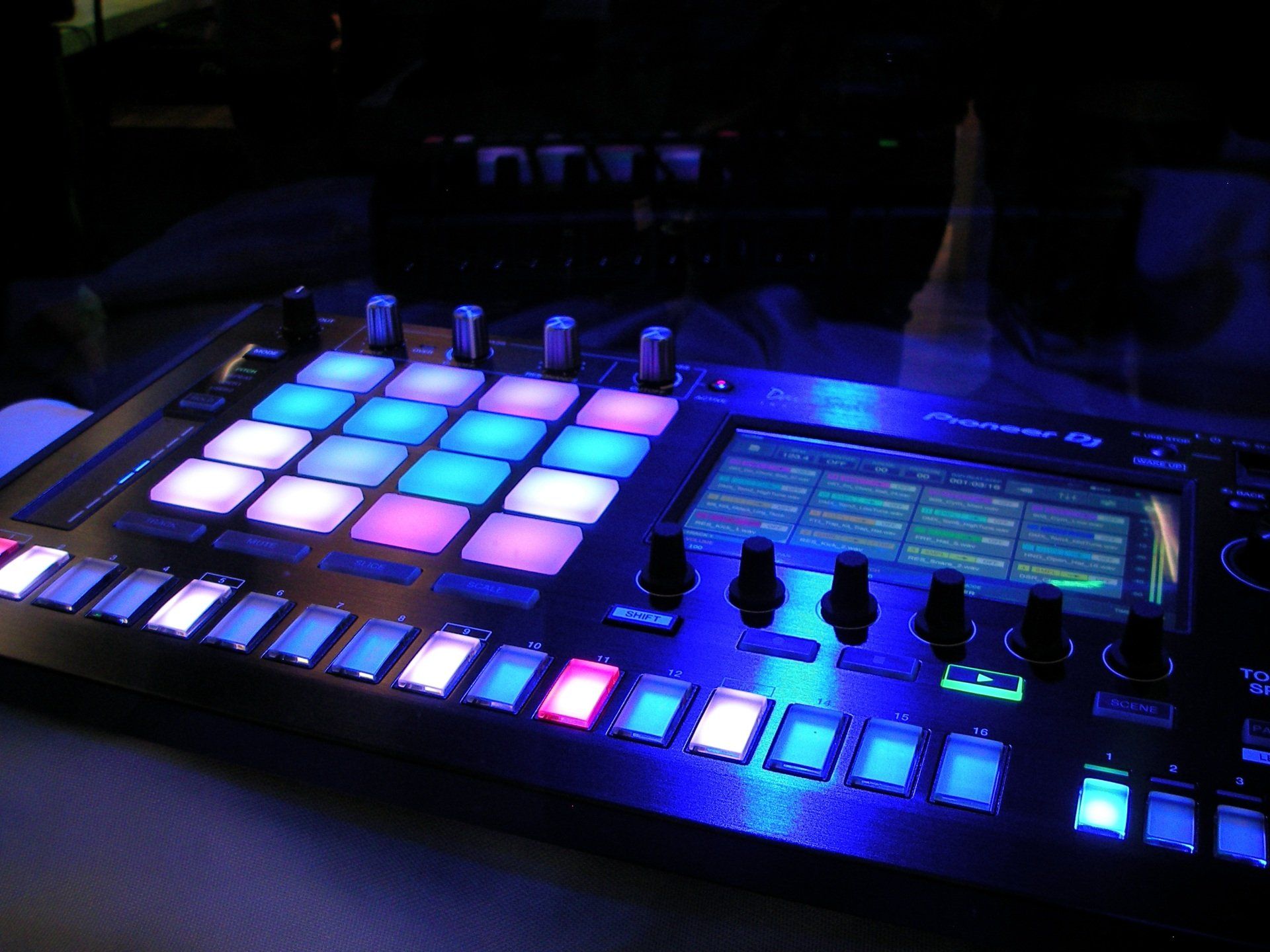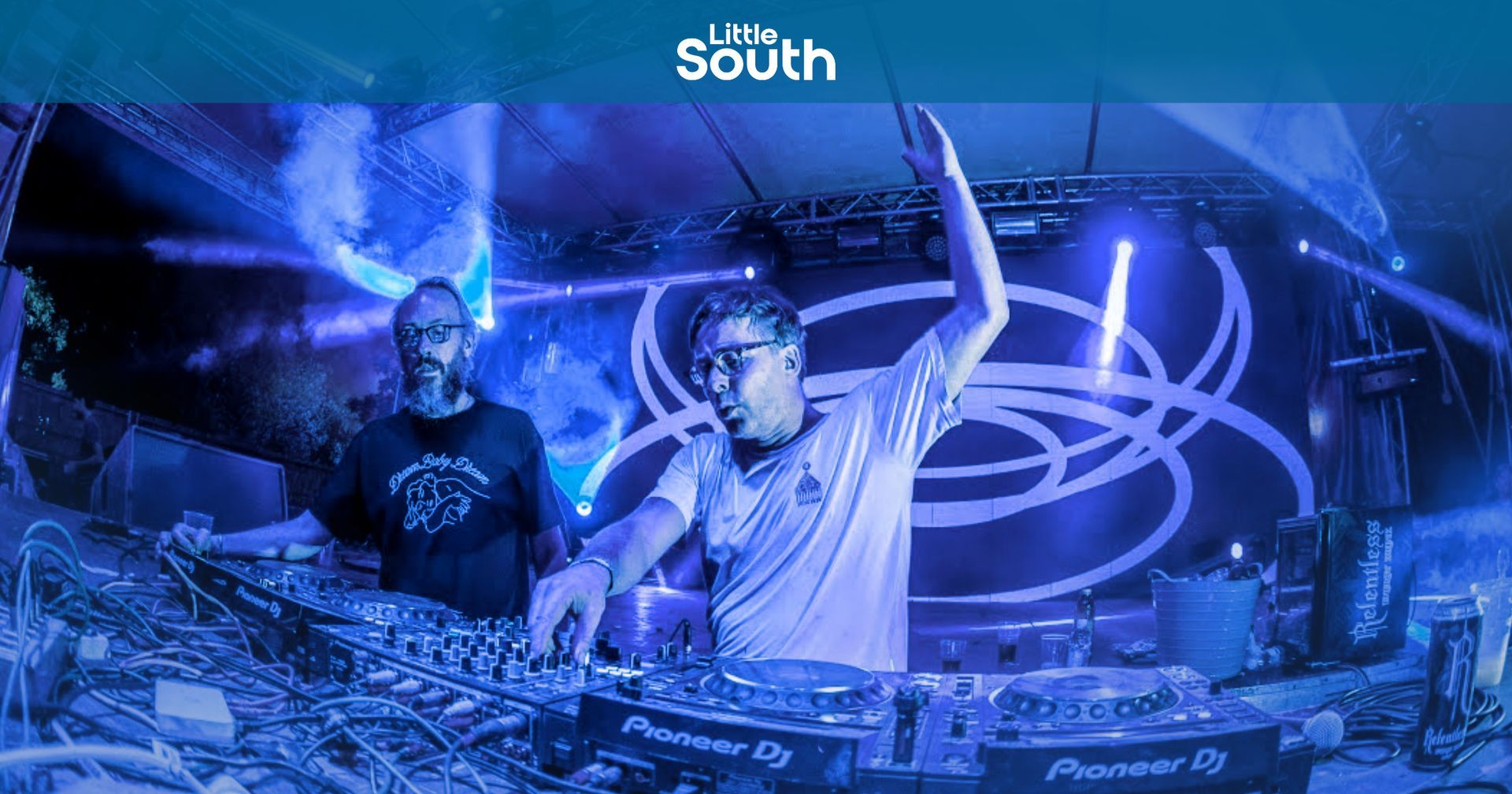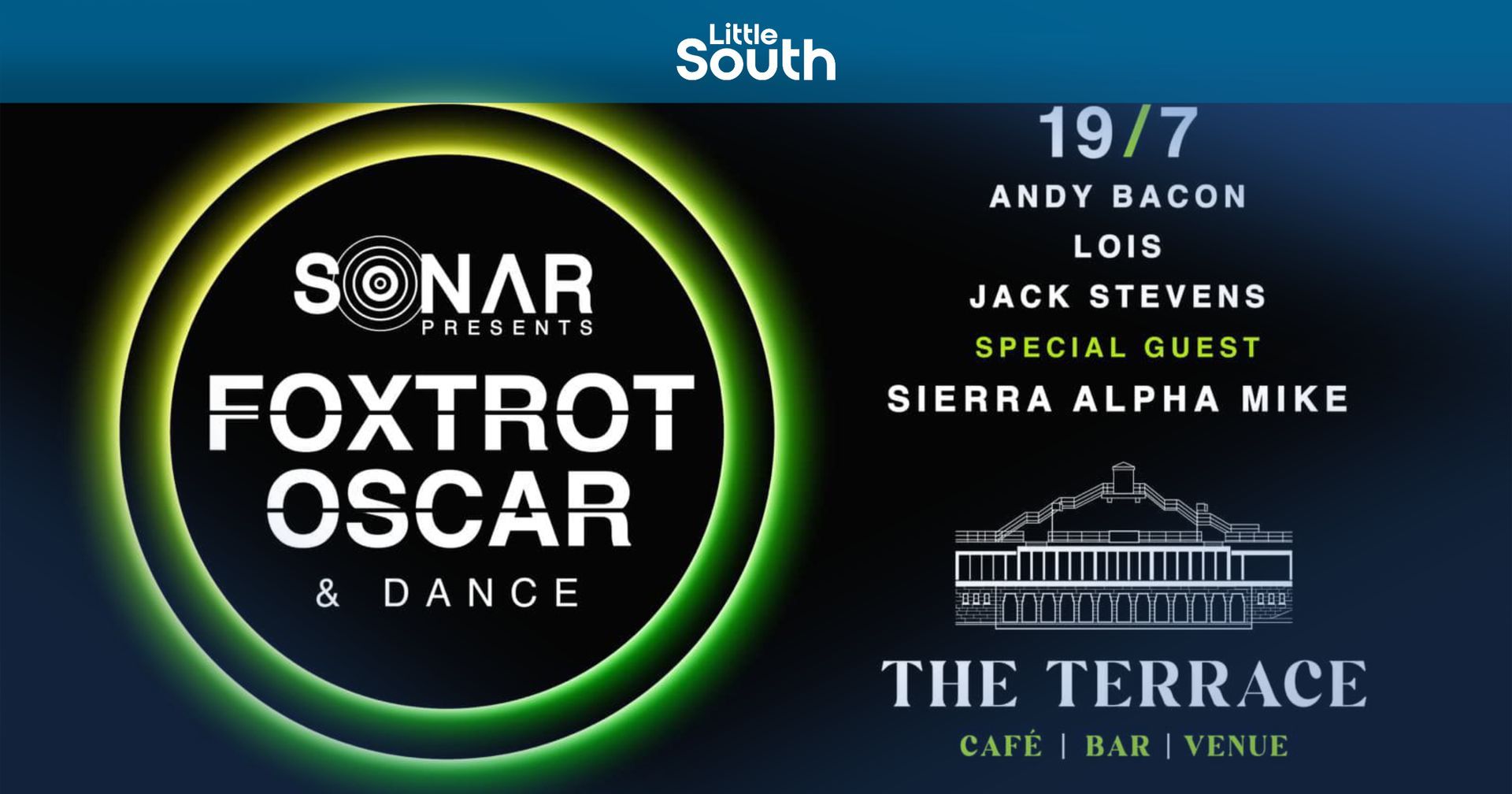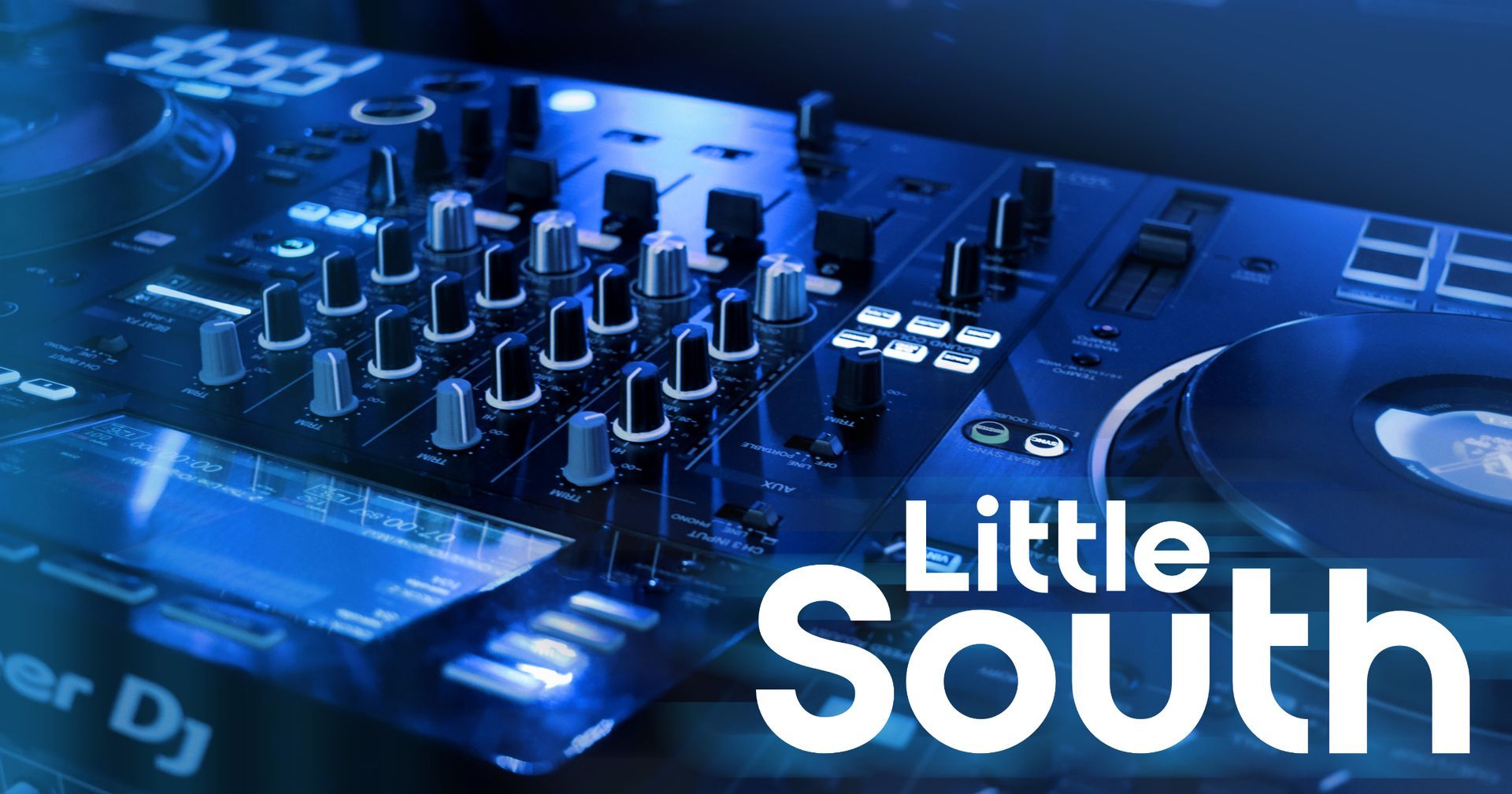The Perfect Mix - Does It Matter?
The art of moving from one record to another has never been easier to achieve thanks to tech.
For anyone that has used turntables to beat match between records will understand the skill required to keep things playing nicely. The development of CDJs and DJ controllers that offer precise BPM readings it has never been easier to keep records playing at the same speed. Setting the tracks off at the right cue point and maybe a nudge forward or back and then it is all about using the faders, EQ and effects. But with mixes now sounding near perfect thanks to tech, are we losing that imperfection that kept things sounding real?
BenG says "The perfect mix is often considered the holy grail for both DJs and dance floor enthusiasts. However, its perfection is not only subjective to the listener but also to the specific moment in time. The same mix may not resonate as powerfully in a different setting or time."
Nobody wants to hear a galloping beat or tracks clashing, but there's something special when you hear the odd mix slightly drifting and being brought back into line. Less obvious on a larger sound system but many of the headline DJs of the 90s and early 00s produced live mixes with the odd slippery mix.

Do we care about perfection? Is it critical that every mix is perfectly aligned? Is it more of a focus to select the right tracks and use technology to take away the chance of things going wrong such as sync? DJ Leroy says "The divisive sync option on one hand represents a step forward in technological innovation, but takes you one step further away from the human element of manually beat matching by ear. There is a place for both, and after all, the arts are subjective to the individual in the case of music, the listener."

Pat McGrath says you should always strive for perfection but it does not always turn out that way - "The advance in tech has only helped towards better and seamless mixes."
DJ Leroy thinks that the only criticism will be from fellow DJs rather than ravers enjoying the moment.
Written by









